Flying drones has evolved beyond simple line-of-sight control—now, with the help of VR headsets, pilots can experience true first-person flight. Whether you’re racing through tight corners or capturing cinematic aerial shots, VR offers immersive visuals that make you feel like you’re in the cockpit.
What Is FPV (First-Person View) Drone Flying?
FPV drone flying allows pilots to see what the drone sees in real time. This is achieved by mounting a camera on the drone and transmitting live footage to a headset or screen, giving you a pilot’s-eye view during flight.
When paired with a VR headset, this experience becomes even more immersive, offering depth perception, real-time responsiveness, and a thrilling sense of flight.
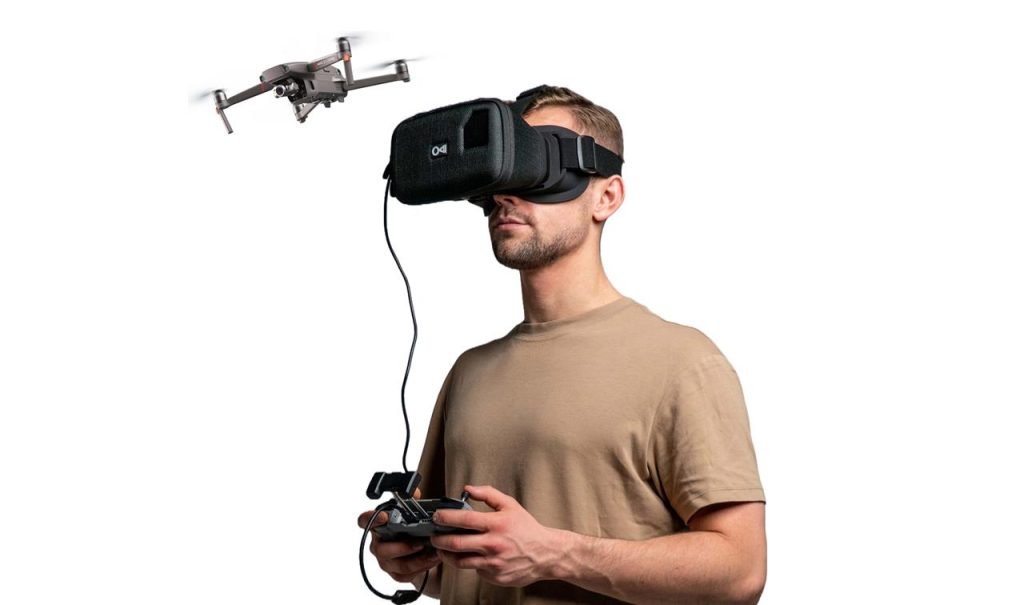
Benefits of Using VR Headsets for Drone Piloting
1. Immersive Experience
VR headsets provide a wide field of view, making flights feel more natural and exhilarating—perfect for racing or exploration.
2. Enhanced Control
Being “in the drone” helps with precise navigation, especially when flying in challenging or tight environments.
3. Improved Situational Awareness
High-end VR systems can display flight data, battery life, and GPS overlays to help you stay informed during complex maneuvers.
4. Training and Simulation
Many VR platforms also support flight simulators, which are ideal for beginners or practicing advanced skills safely.
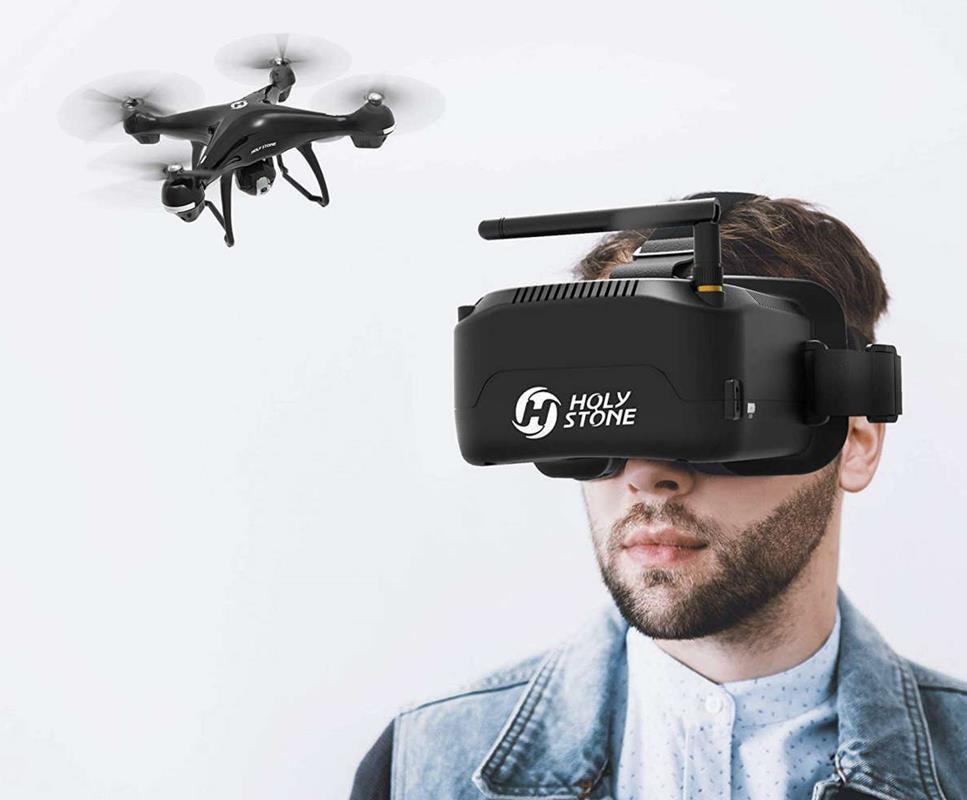
Top VR Headsets for Drone Pilots
1. DJI Goggles 2
Designed for DJI FPV and Avata drones, these goggles deliver low-latency HD video with head tracking and built-in controls.
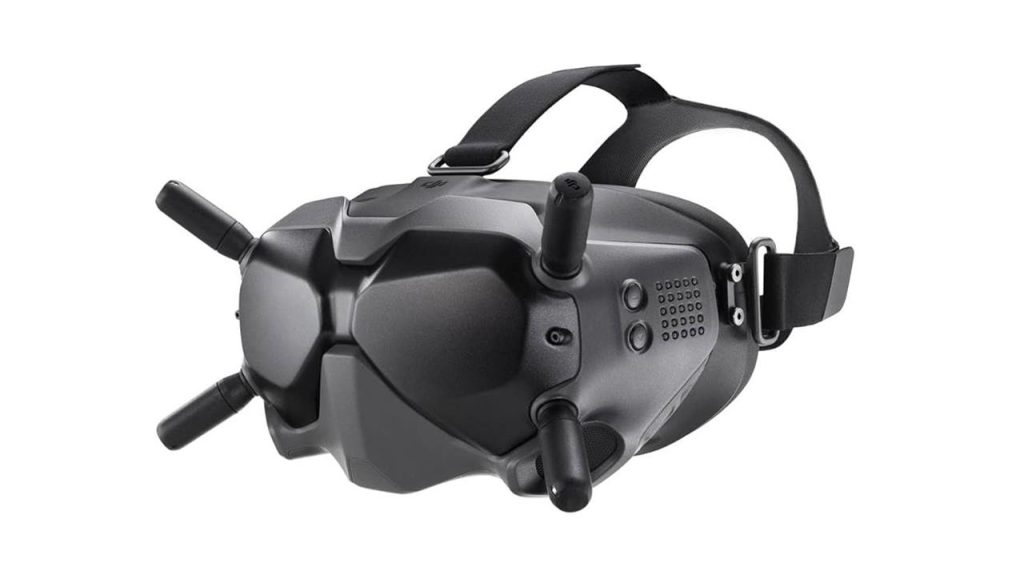
2. Fat Shark Dominator HD
A popular choice for racers, these goggles offer OLED displays and digital video support through the Walksnail Avatar system.
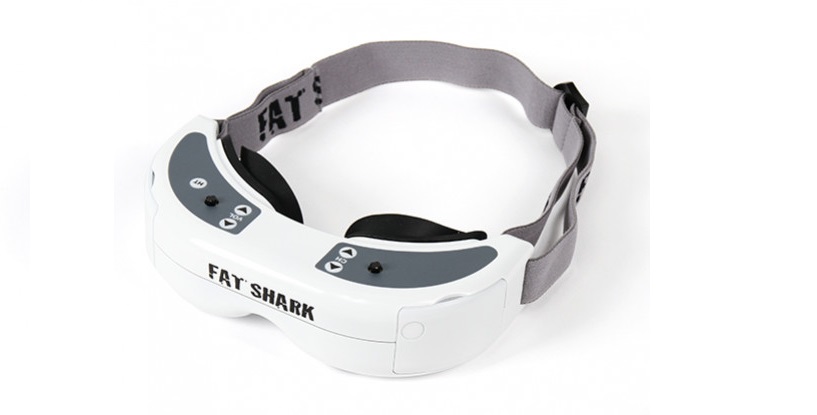
3. Orqa FPV.One Pilot
Known for superior image quality and modular design, it’s ideal for professional FPV enthusiasts.
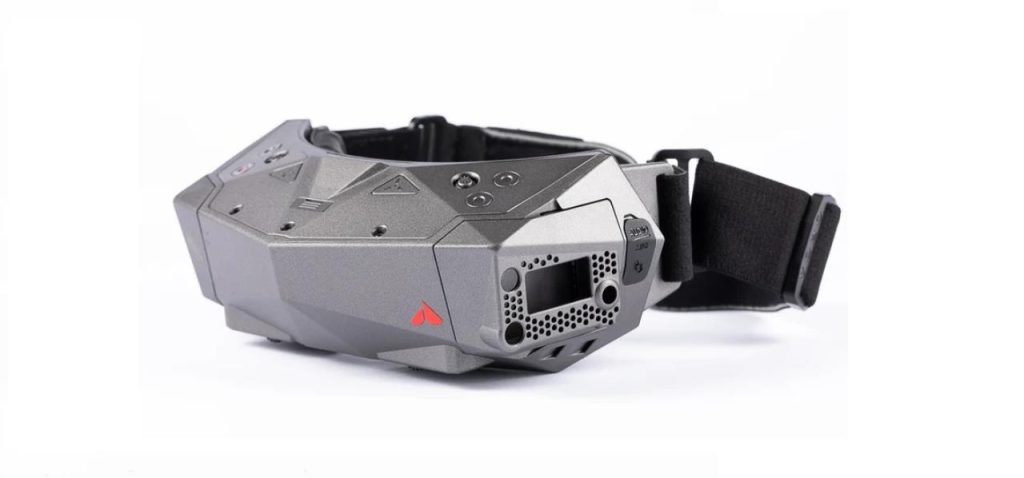
4. Skyzone SKY04X
Offers a great balance between price and performance, with vivid displays and ergonomic design.
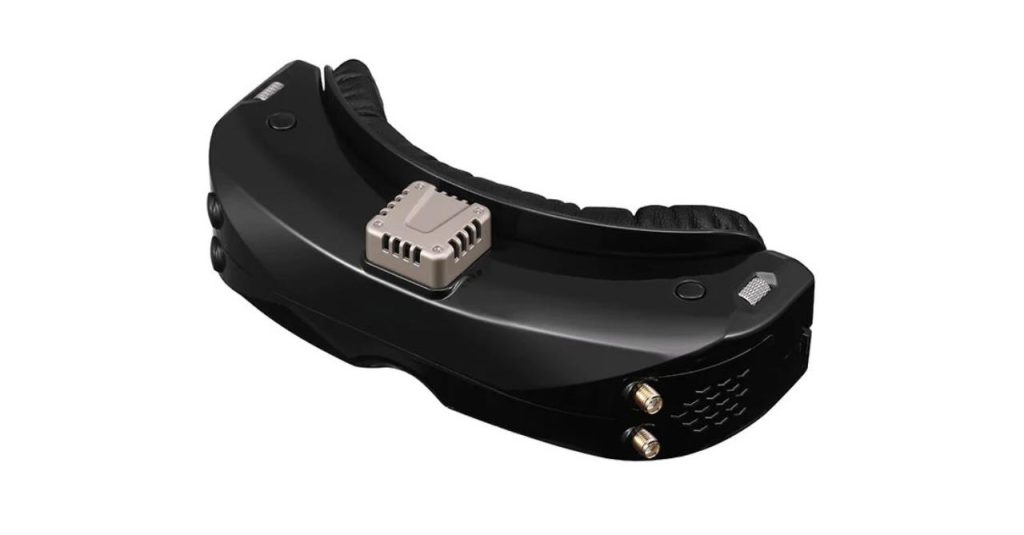
What to Look for in a VR FPV Headset
- Resolution & Field of View: Higher resolution provides clearer visuals, while a wide FOV enhances immersion.
- Latency: Low latency is crucial for fast-response flying, especially in racing.
- Comfort: Adjustable straps and cushioned face pads are important for long sessions.
- Compatibility: Ensure your headset supports your drone’s video transmission system (analog or digital).
Tips for Flying FPV with a VR Headset
- Practice in Simulators First (like Liftoff or DRL Simulator)
- Always follow local drone laws, especially regarding visual line-of-sight requirements
- Use spotters if you’re flying beyond line of sight to stay compliant with regulations
- Start in open areas before trying tight spaces or obstacle courses
Conclusion
VR headsets elevate drone flying from a hobby to an immersive experience. Whether you’re racing, exploring, or filming, stepping into the cockpit with FPV goggles opens up a whole new world of aerial adventure. As the tech continues to advance, drone pilots of all levels can enjoy the skies like never before.


